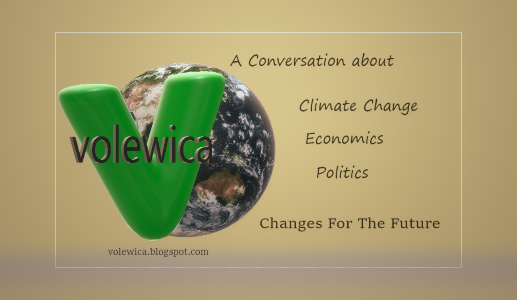An excellent guest article in Melbourne's The Age newspaper, by Hugh White from the Lowy Institute.
[...] until now it has been easy to assume that America itself is not in decline: that the global power shift is driven by China's growing strength, not by American weakness. China might grow stronger, but America would remain a uniquely vibrant, resilient and innovative country, and a beacon to the world.
Now one has to wonder. It is possible that we are witnessing not one but two remarkable national transformations, as America stumbles while China ascends. If so, that will make the shifting power balance between them much faster, more destabilising and more risky than we thought.
[...]
As manufacturing has declined, its place has been taken by new ''knowledge'' industries such as finance and IT. But these industries do not create the vast numbers of well-paid jobs that once provided the bedrock of American society. Instead they provide very high paying jobs for relatively few people. This produces the second big long-term change in America's economy - the stagnation in average incomes.
While the relatively few people who work at the top end of America's growth industries have done very well, average incomes have hardly risen for the past 30 years. That's a very sharp contrast to what's happened in Australia, for example, where average incomes have been rising steadily.
[...]
Which brings us to politics. Clearly America's political system has always been untidy, but it has mostly produced good government. Governing America has, however, become harder over the past few decades. Politics everywhere is first and foremost about choosing how to distribute wealth. Until recently the choices have always been relatively easy in America, because there has been a lot of wealth to go around. Now there is, relatively speaking, less to go round, the choices become harder, and the struggles over them intensify.
Several things then happen. First, the debt grows, as both government and people try to avoid choices by borrowing money. Second, politics becomes polarised, as voters scrabble harder for the choices that suit them best. Third, people become susceptible to any politician who can convince them that somehow the hard choices do not have to be made.
Americans believed George W. Bush when he said they could invade Iraq and cut taxes. And they believed Barack Obama's beguiling mantra. ''Yes, we can'' was a promise to Americans that they did not have to make hard choices - a promise he could never keep. Now many Americans seem to believe the Tea Party that cutting taxes will fix everything. As if.


No comments:
Post a Comment